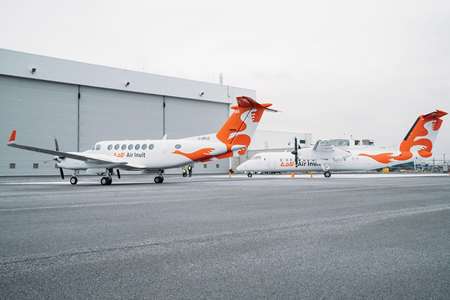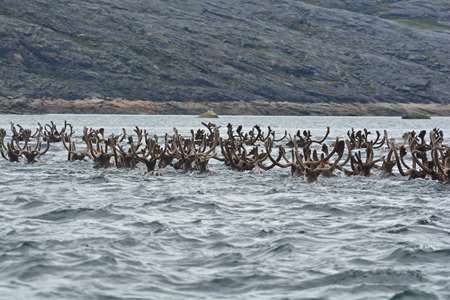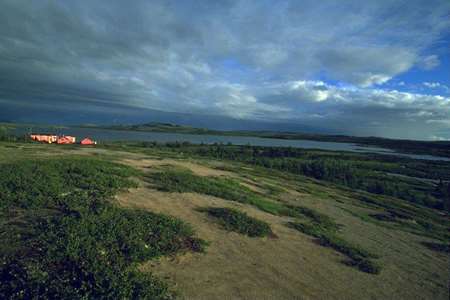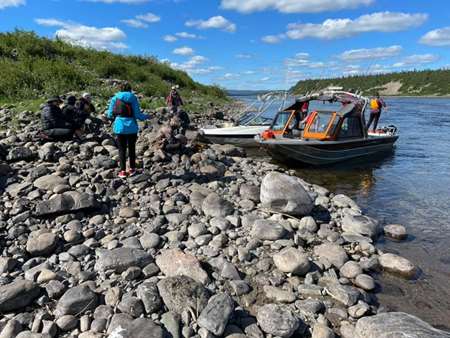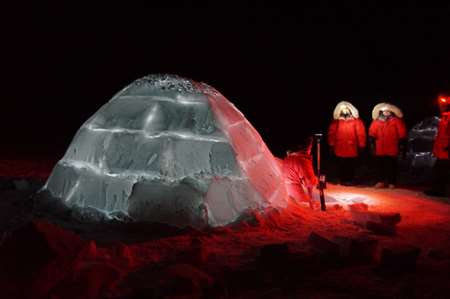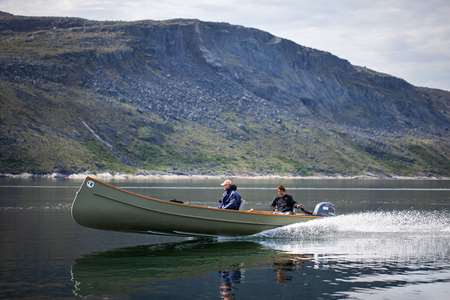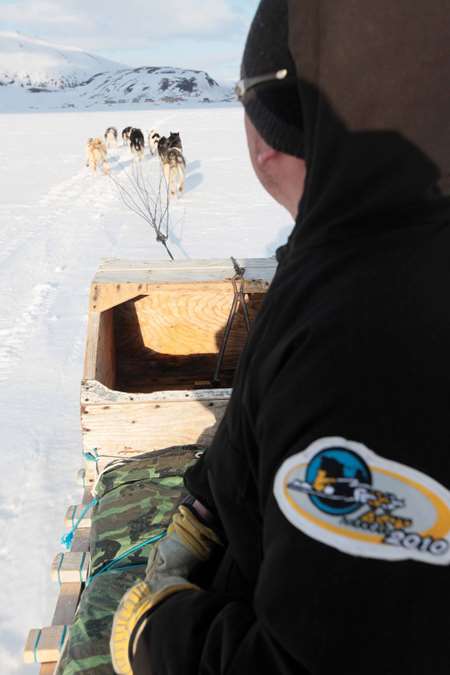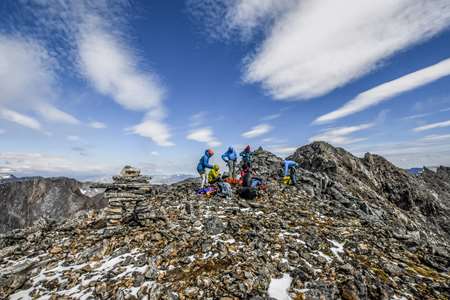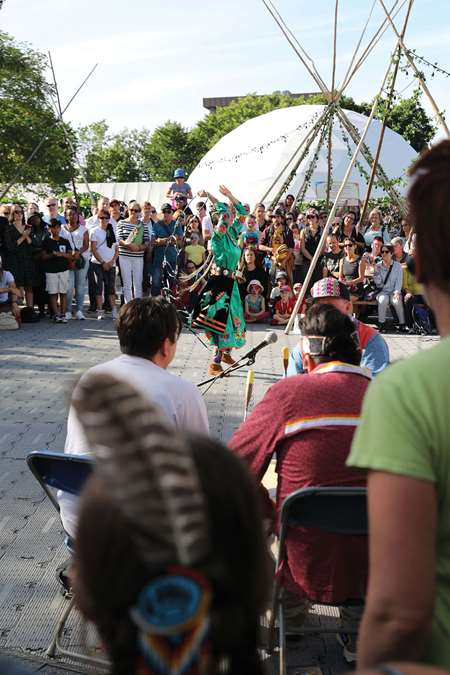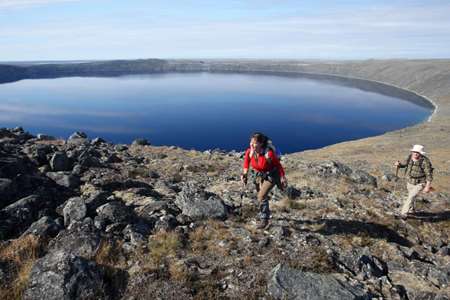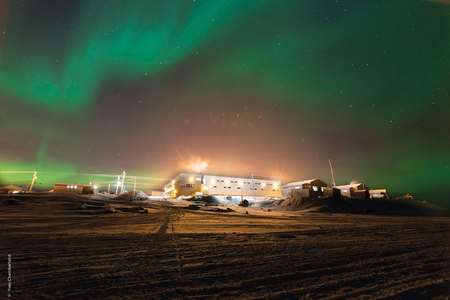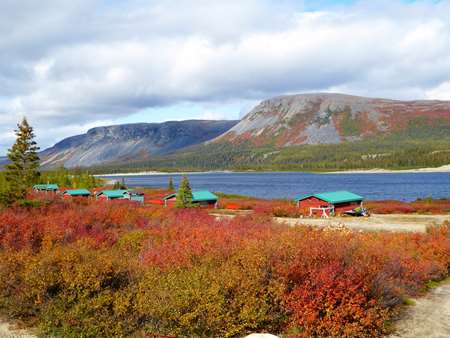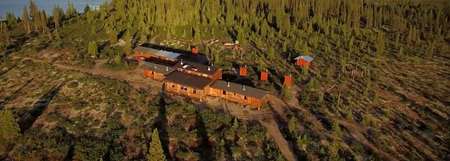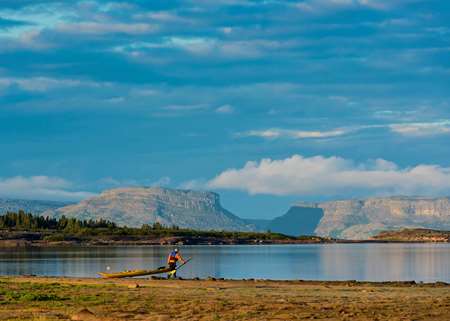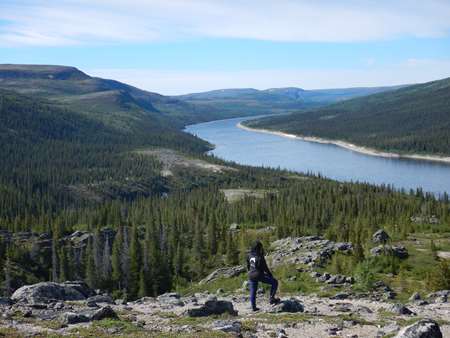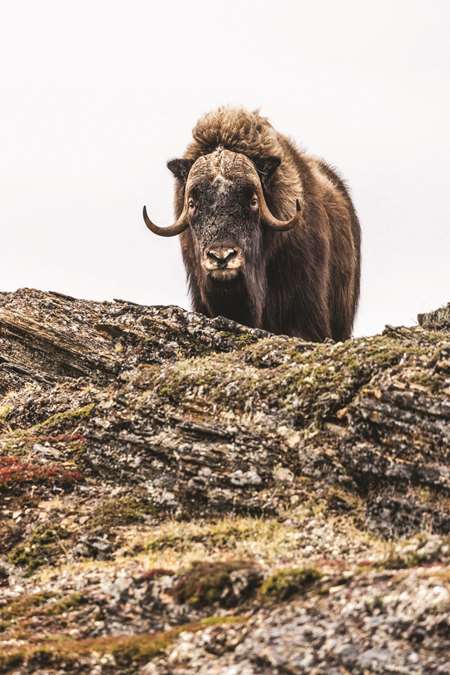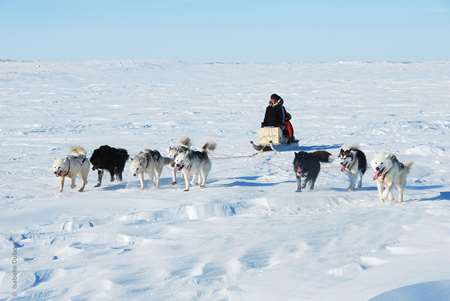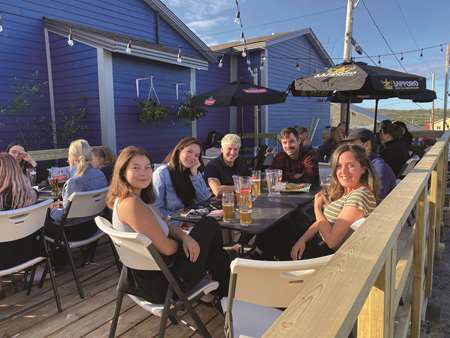
Inuit
To discover
Communities
Umiujaq
The village of Umiujaq is 15 km west of Lake Tasiujaq, along the banks of Hudson Bay. The name means which resembles a boat and refers to the geographical landmark of a hill that looks like an overturned umiak (traditional boat). Inuktitut is the first language in the community.
Tasiujaq
Tasiujaq is a lakeshore northern village next to Leaf Lake at the head of Deep Harbour. The surrounding waters are known to yield exceptional Arctic char. The Leaf Basin lies north of the tree line where shrub tundra gives way to arctic tundra. The tides there can be fifteen meters high or more.
Salluit
The northern village of Salluit holds a strategic situation as the meeting place for the 14 Inuit communities of Nunavik. Salluit is surrounded by mountains averaging 500 m in height. From the fjord of Salluit, the resilient flora and fauna of the North can be observed.
Quaqtaq
The Inuit community of Quaqtaq is located on Diana Bay, called Tuvaaluk in Inuktitut, on a peninsula that extends into Hudson Strait. Diana Bay is full of terrestrial and marine mammals: fish and other seafood such as mussels and scallops.
Puvirnituq
This Inuit village lies 4 km from Puvirnituq Bay, on the north bank of the river bearing the same name. Most of the people speak Inuktitut. In autumn, migratory caribou from the Leaf River herd tread along in the vicinity for several days.
Kuujjuaarapik
Of Nunavik’s 14 northern villages, Kuujjuarapik is the most southeastern one. The people in the community mostly speak Inuktitut followed by English. Kuujjuarapik means little great river in Inuktitut, the Inuit language.
Kuujjuaq
Kuujjuaq, which means the great river, is the foremost and most widely known of Nunavik’s Inuit communities. It is situated on the west bank of the river, 50 km from Ungava Bay. Every August and September, the migratory caribou of the George River herd pass by.
Kangirsuk
The village of Kangirsuk, located on the north bank of the Arnaud River, is surrounded by a rocky cliff in the north and by a large hill in the west. There are many lakes and rivers in the region and mussel fishing in the Arnaud River is a common practice.
Kangiqsujuaq
Just 10 km from the Hudson Strait, on the southeastern shore of Wakeham Bay, are located the Inuit of Kangiqsujuaq who fish for mussels in winter by piercing holes in the sea ice where the bay is shallow. Kangiqsujuaq is home to the Pingualuit National Park where there is a meteoritic crater filled with clear blue water.
Kangiqsualujjuaq
This is the easternmost Inuit village of Nunavik, 25 km from Ungava Bay, at the mouth of George River. Kangiqsualujjuaq is a destination for spectacular scenery due to its vicinity to several national parks. Its name means very large bay in Inuktitut.
Ivujivik
Ivujivik is the northernmost settlement in the province. No roads go up there and it is an important nesting site for one of the biggest thick-billed murre colonies. Ivujivik means place where ice accumulates because of strong currents.
Inukjuak
This village is near Hudson Bay, on the north bank of Innuksuk River. Inukjuak, which stands for the giant in the Inuktitut language, is known for its clear blue waters and rapids. The Inuit community can only be reached by plane or boat.
Aupaluk
Located on the south shore of Hopes Advance Bay, Aupaluk is the smallest community in Nunavik and the first northern village of the Canadian Arctic to be planned by the Inuit. Aupaluk means where the earth is red as it is found on ferruginous grounds that are great for hiking.
Akulivik
This is game country. Nestled at the mouth of IIIukotat River, the northern village of Akulivik strives on hunting. Inuktitut is the first language of this community straddled along the far reaches of Hudson Bay.
